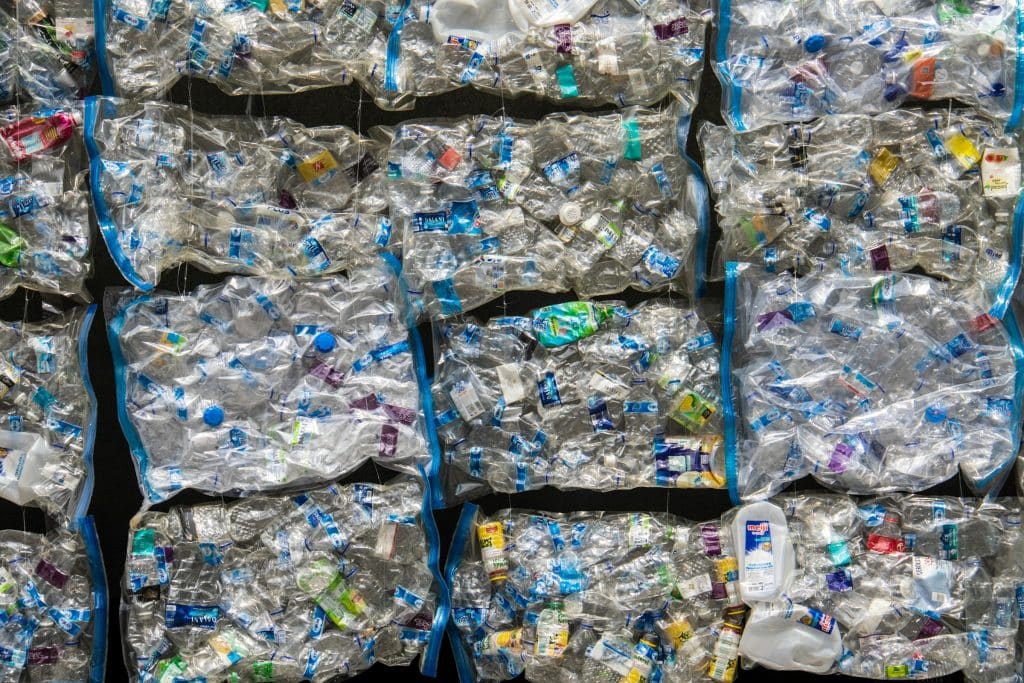After three years of negotiations, six formal rounds of talks, and the involvement of over 170 countries, the outcome of the UN Global Plastics Treaty is… no deal.
We were poised for a breakthrough. A legally binding agreement to tackle plastic pollution at the source by cutting production, banning toxic chemicals, and holding polluters accountable. Makes sense, right?
But the most recent talks in Geneva ended in another stalemate. Oil-producing countries pushed for a watered-down version focused on recycling and waste management, despite the well-known fact that this approach doesn’t go nearly far enough.
According to the United Nations Environment Programme, 91 percent of plastic waste is not recycled.
With no meaningful compromise, the talks collapsed. As Christina Dixon from the Environmental Investigation Agency put it, “Countries decided that it was better to leave with no treaty than a weak treaty.”
Where does New Zealand stand?
New Zealand has voiced support for stronger global action, but our domestic progress is slowing. Some phase-outs have been delayed, packaging deadlines pushed back, and much-needed improvements to recycling infrastructure are still lagging. Meanwhile, plastic production is surging. Globally, it doubled between 2000 and 2019 and is on track to nearly double again by 2040.
This is not just an environmental issue. It’s a health issue, too.
Microplastics have been found in our blood, lungs, and even placentas. But it’s not only the plastic particles themselves that pose a risk. Plastics are made with and often leach toxic chemicals such as phthalates, bisphenols, and flame retardants — many of which are linked to hormone disruption, cancer, reproductive harm, and developmental issues. The more plastic we produce, the more these invisible threats build up in our bodies and environment.
Meanwhile, businesses are stepping up.
Despite the political deadlock, many New Zealand businesses are leading the way.
Companies with products and services certified by Eco Choice are redesigning packaging to cut plastic, investing in safer alternatives, and creating systems to ensure waste doesn’t end up in landfill – or worse, shipped offshore in a form of waste colonialism.
That’s innovation. That’s leadership. And it’s happening here and now.
So, what can you do?
If these treaty talks have revealed anything, it’s that we cannot rely on political agreements alone. But when businesses and consumers act together, markets shift faster than any UN process.
Here’s how you can take action:
- Choose certified products. Look for labels like Eco Choice Aotearoa, which offer independent, credible proof of environmental claims.
- Support businesses driving change. New Zealand companies are trialling refill systems, circular design, and plastic-free packaging. Your purchasing power helps them grow.
- Focus on reuse over recycling. With only nine percent of plastic actually recycled, the real impact comes from reducing what enters our homes and workplaces in the first place.
- Ask questions. Challenge your favourite brands, retailers, and suppliers. If they’re still relying on plastic, ask why.
And to the Government,
You already have an effective tool in Eco Choice Aotearoa. This government-owned ecolabel is credible, trusted, and ready to scale – but it’s not being used to its full potential. Embedding it in procurement and policy would send a strong signal that environmental standards matter, and set the benchmark for others to follow.
Businesses, consumers, and government all have a role to play. Together, we can turn the tide on plastic waste.
